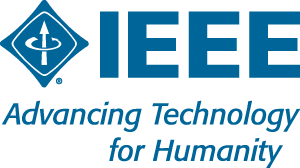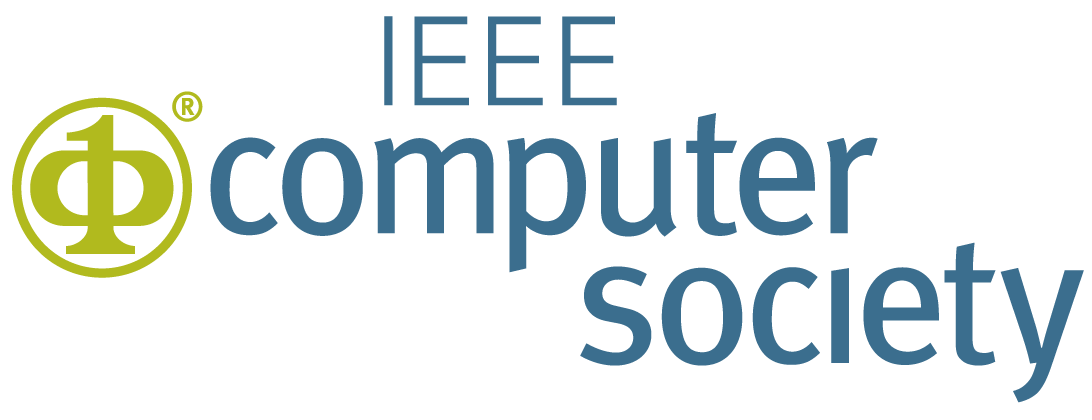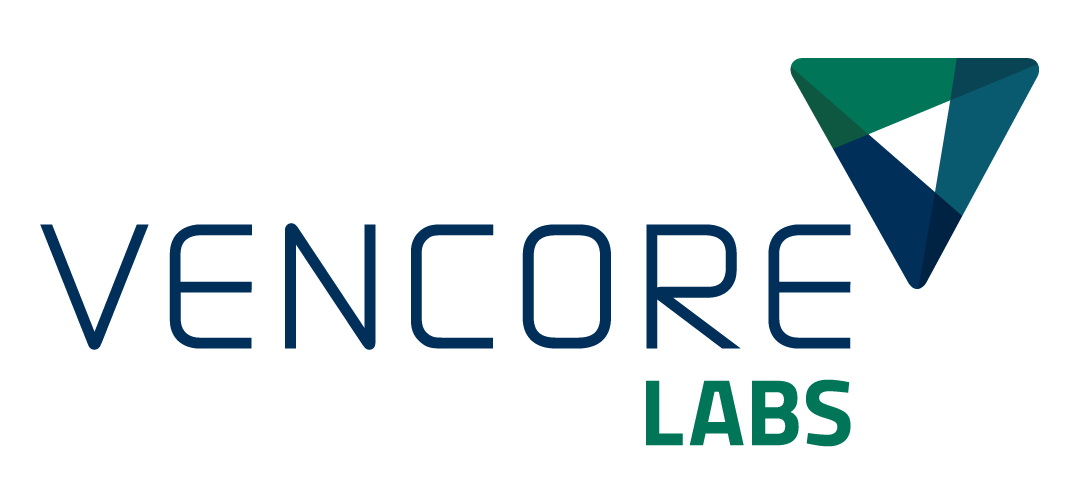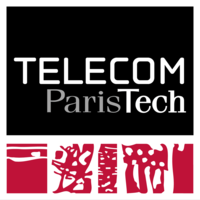Co-located with:
IEEE International Conference on Cloud and Autonomic Computing (ICCAC 2017)
Welcome
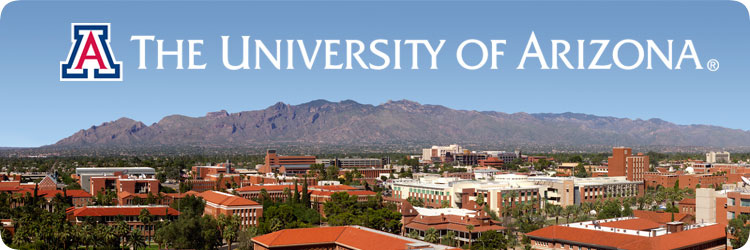
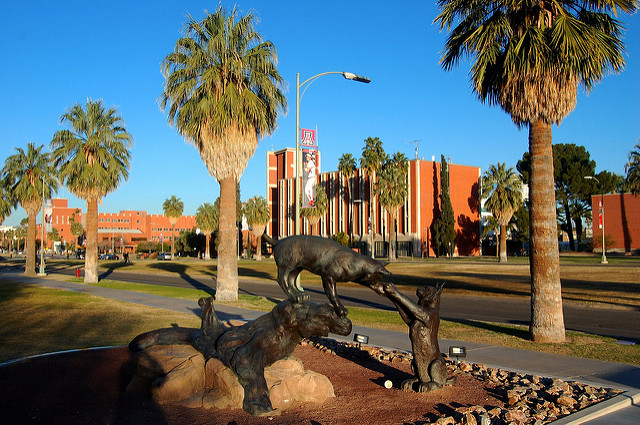
Foto: JR P(https://flic.kr/p/7EkTw6)
The 11th edition of the SASO conference embraces the inter-disciplinarity and the scientific, empirical and application dimensions of self-* systems; it thus aims to attract participants with different backgrounds, to foster cross-pollination between research fields, and to expose and discuss innovative theories, design principles, frameworks, methodologies, tools, and applications.
Local Information
The conference will be located in the Student Union at The University of Arizona. The full address of the Student Union is 1303 E. University Blvd, Tucson, AZ 85719. You can find more information on the Student Union from https://union.arizona.edu/ and Student Union map from http://www.union.arizona.edu/infodesk/maps/index.php You can also find a detailed University of Arizona map from http://map.arizona.edu/ If you are renting a car and looking for a parking place, there is a big garage (called 2nd Street Garage) next to the Student Union. However, it may be filled early, relatively. There are also other garages available in walking distance (5-10 min of walking). You can get more information on the fees and locations through: https://parking.arizona.edu/parking/garages/garage-rates/
Unfortunately, there are some cases that some authors/attendees were not able to get a visa yet, hence they will not be able to attend. As previously mentioned, for such cases, we will be providing online attendance/presentation service (live stream and/or recorded video). If you have not contacted us regarding to this, please contact us as soon as possible so that we can discuss the possible solutions.
Topics
The topics of interest to SASO include, but are not limited to:
- Systems theory: nature-inspired and socially-inspired paradigms and heuristics; inter-operation of self-* mechanisms; theoretical frameworks and models; control theory;
- System properties: robustness; resilience; stability; anti-fragility; diversity; self-reference and reflection; emergent behavior; computational awareness and self-awareness;
- Systems engineering: reusable mechanisms and algorithms; design patterns; architectures; methodologies; software and middleware development frameworks and methods; platforms and toolkits; multi-agent systems;
- Theory and practice of organization: self-governance, change management, electronic institutions, distributed consensus, commons, knowledge management, and the general use of rules, policies, etc. in self-* systems
- Theory and practice of adaptation: mechanisms for adaptation, including evolution, logic, learning; adaptability, plasticity, flexibility
- Socio-technical systems: human and social factors; visualization; crowdsourcing and collective awareness; humans-in-the-loop; ethics and humanities in self-* systems;
- Data-driven approaches: data mining; machine learning; data science and other statistical techniques to analyze, understand, and manage behavior of complex systems;
- Self-adaptive and self-organizing hardware: self-* materials; self-construction; reconfigurable hardware;
- Education: experience reports; curricula; innovative course concepts; methodological aspects of self-* systems education;
- Applications and experiences with self-* systems in any of the following domains are of particular interest:
- Smart systems: smart grids, smart cities, smart environments, smart homes, etc.
- Industrial automation: embedded self-* systems, adaptive industrial plants, Industry 4.0, cyber physical systems
- Transportation: autonomous vehicles, traffic optimization
- Autonomous systems: aerial vehicles, undersea vehicles, autonomous robotics
- Internet of Things: self-* for network management, self-* applied to cyber security

